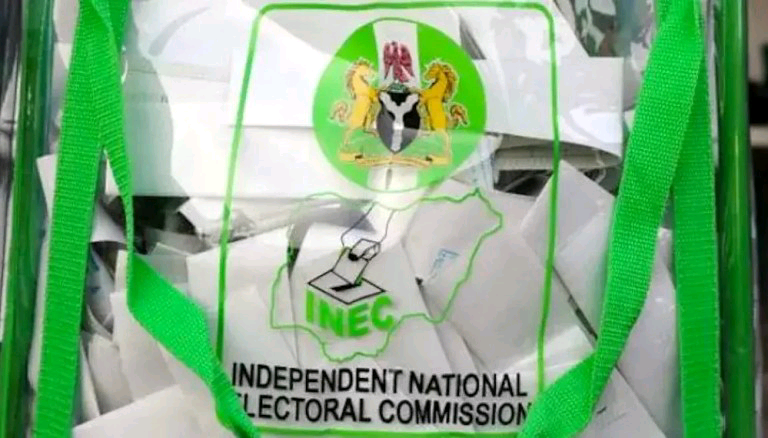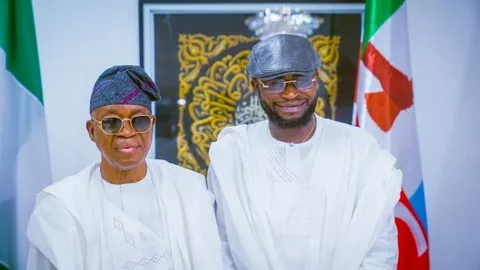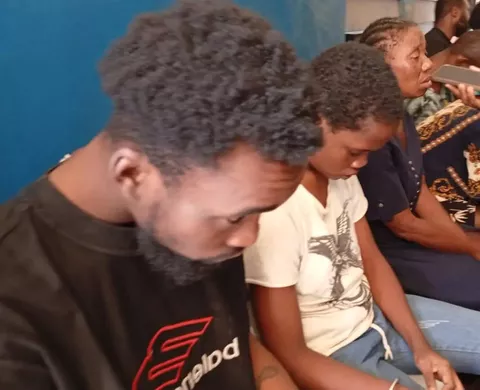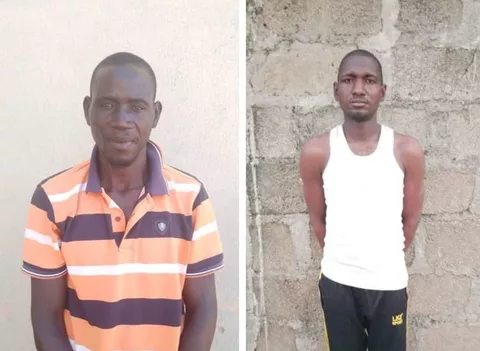The Independent National Electoral Commission (INEC) has defended itself against accusations of facilitating vote-buying during the Edo State governorship election held on September 21, 2024.
The Chief Press Secretary to the INEC Chairman, Rotimi Oyekanmi, in a chat with Punch, emphasized that the issue of vote-buying is not a fault of the electoral body but rather a widespread problem associated with the behaviors of political parties.
Oyekanmi remarked that while INEC is committed to ensuring free and fair elections, the influence of political parties in engaging in corrupt practices such as vote-buying cannot be overlooked.
He said, “Vote-buying and alleged result manipulation are all tied to unscrupulous attempts to gain an unmerited advantage in order to win an election.
“INEC can and should not be held responsible for vote-buying. We are doing our best to fulfill our expected roles.
“Other stakeholders should also play their part and stop undermining the electoral process.”
INEC had declared Monday Okpebholo, the candidate of the All Progressives Congress, winner of the election after he secured 291,667 votes.
He defeated Asue Ighodalo of the Peoples Democratic Party, who received 247,274 votes.
However, the election was overshadowed by allegations of voter manipulation, vote-buying, and irregularities.
Election observers, including civil society organisations, condemned the process, with some rejecting the results in certain local government areas....Read Full Article [Click Here>]
The Executive Director of Yiaga Africa, a CSO, Samson Itodo, reported that political parties bribed voters with amounts ranging from ₦5,000 to ₦10,000.
“All, at least the major political parties were involved in vote-buying,” Itodo said.
The PDP candidate, Asue Ighodalo, accused the APC of offering ₦10,000 to ₦20,000 to voters and claimed that INEC had allowed the APC to manipulate the election.
Similarly, Labour Party candidate, Olumide Akpata, decried widespread voter apathy and vote-buying during the poll.
The Economic and Financial Crimes Commission made several arrests, including two men and one woman, in connection with vote-buying during the election.
In defence of INEC, Oyekanmi noted that the commission had consistently worked to improve the credibility of elections and had implemented various recommendations from national and international observers.
“The commission has, over the years, fought ferociously to ensure the credibility of elections.
“We have consistently implemented various recommendations offered by our national and international observers, which are implementable through administrative means.
“I think the commission deserves some commendation for its efforts. It’s really tough managing the electoral system in this country. The onus is now on political actors and voters to play their expected roles and work with INEC to stop the menace of vote buying,” he added.





